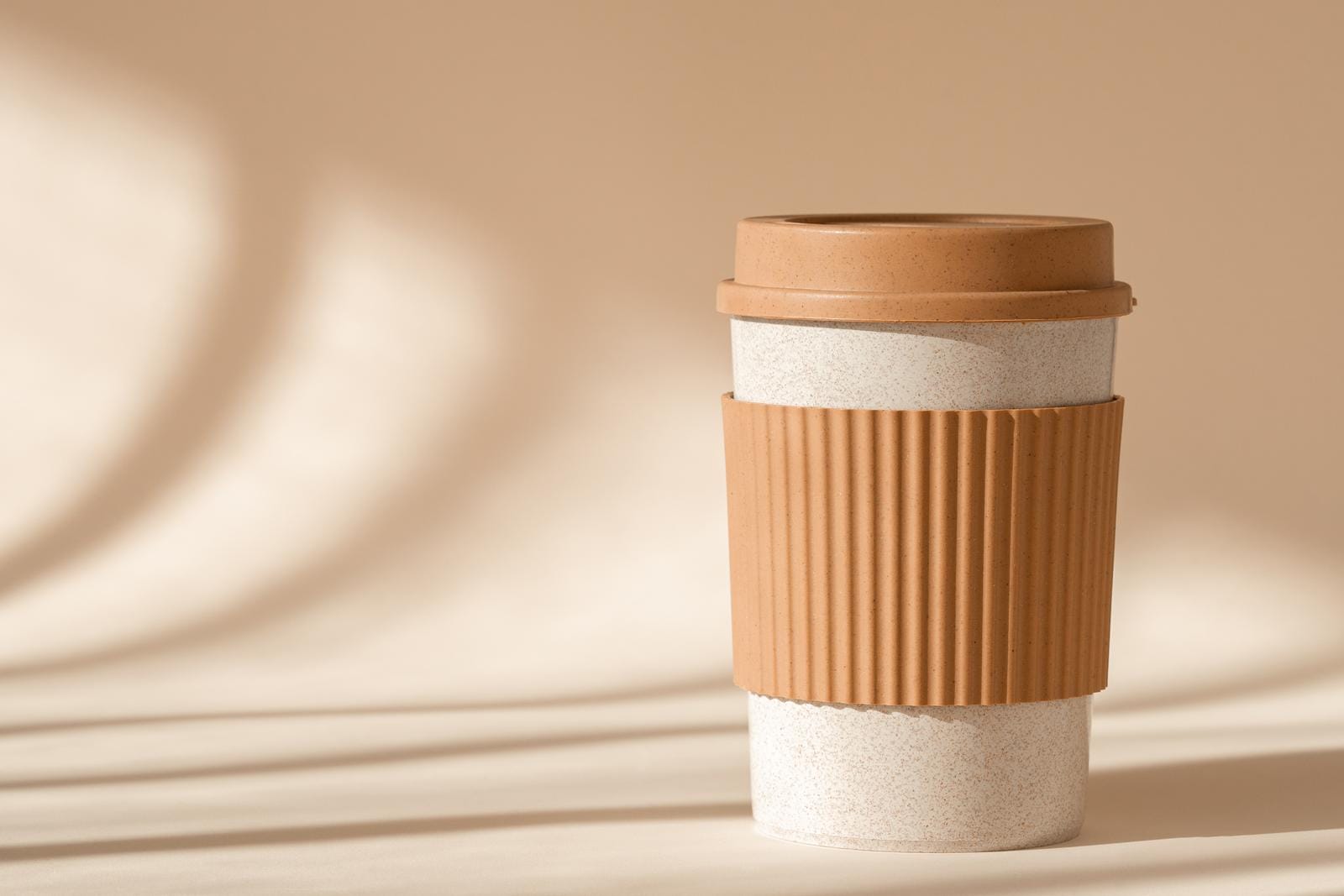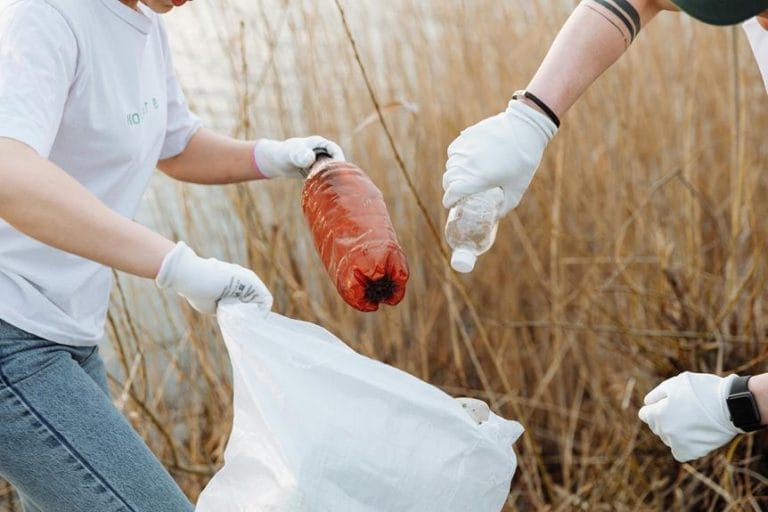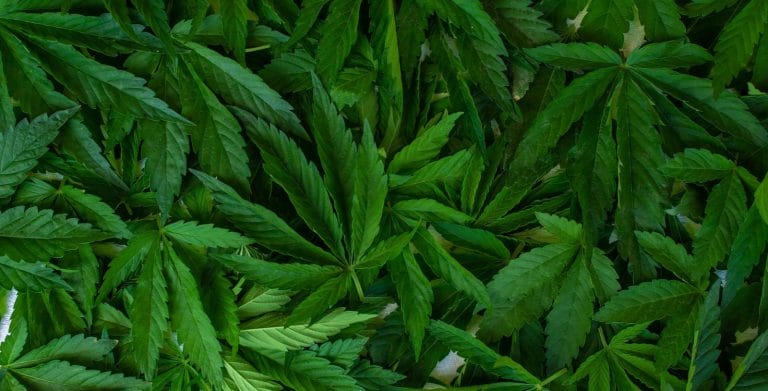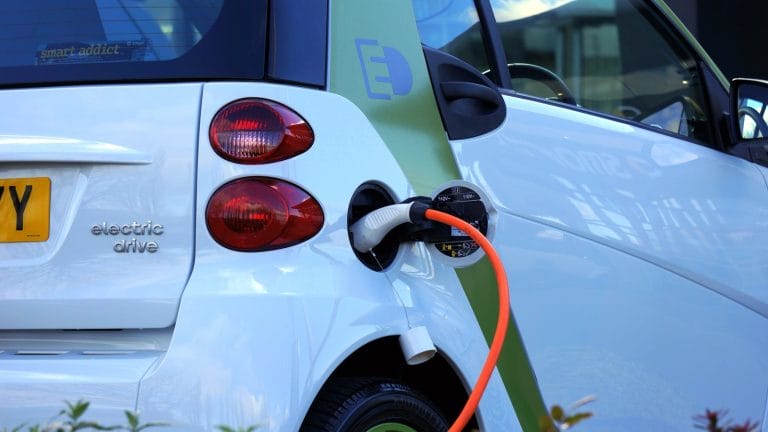Are you tired of the endless stream of plastic waste from product packaging? You’re not alone. Sustainable packaging is a hot topic, with innovative materials like biodegradable plastics and recycled paper gaining popularity.
But it’s not a simple switch for companies. They have to consider product freshness, brand identity, and cost. Some brands are leading the way, while others are hesitant to change.
In this article, we’ll look at the benefits and challenges of sustainable packaging. We’ll also highlight the brands making a difference and the end-of-life options for eco-friendly materials.
Get ready to learn how your packaging choices can impact the environment and what the future may hold for this growing industry.
What Materials Are Considered Sustainable for Packaging?
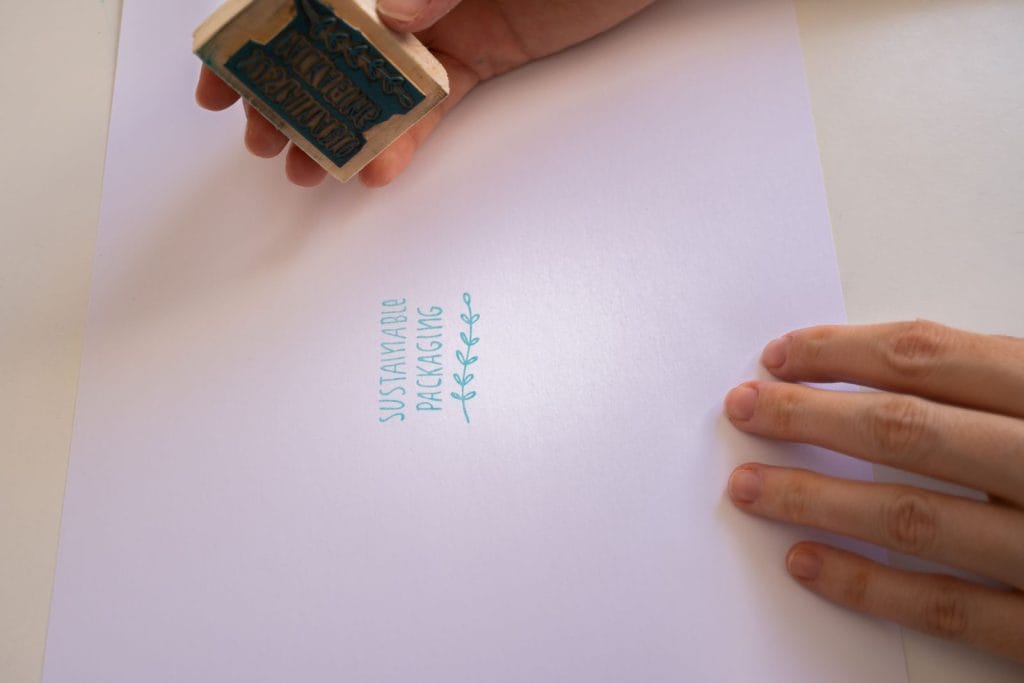
Selecting sustainable packaging materials is essential for decreasing environmental impact while still safeguarding products during shipping and storage. So, what exactly makes a packaging material ‘sustainable’? Well, the most eco-friendly options are typically renewable, meaning they can be replenished naturally over time. Think materials like paper sourced from responsibly managed forests or even seaweed!
Biodegradable and compostable materials are also key players in the sustainable packaging game. These materials break down naturally without leaving behind any harmful residues. Some innovative examples include packaging made from mushroom roots (mycelium) or plant-based bioplastics derived from corn starch or sugarcane.
Of course, recyclability is another important factor. Corrugated cardboard made from recycled materials is a tried-and-true sustainable packaging choice that’s easily recyclable and biodegradable. Even recycled plastics, while not perfect, have a lower environmental impact than their virgin counterparts.
Renewable, biodegradable adhesives made from plant starches are also making waves in the sustainable packaging world en are replacing oilbased adhesives
How Does Sustainable Packaging Impact Product Shelf Life?
Sustainable packaging presents both opportunities and challenges when it comes to maintaining product shelf life. On one hand, biodegradable materials like plant-based plastics are eco-friendly, but they often have lower barrier properties against elements like oxygen and moisture that can lead to faster product degradation. So while your conscious is clear, your chips might go stale quicker – talk about a cruel twist of fate!
But fear not, researchers are on the case, investigating ways to fortify these earth-hugging materials. From incorporating natural antioxidants to boost shelf life, to designing active packaging that can scavenge pesky oxygen and moisture, the brightest minds are working to secure your responsibly packaged goodies stay fresh.
Now, recyclable materials like post-consumer plastics are another piece of the puzzle. While they’re a big win for the planet, they may not always provide the same level of barrier protection as their virgin counterparts. But hey, it’s all about balance, right? A little extra mindfulness with storage can go a long way.
At the end of the day, sustainable packaging is an evolving field full of exciting innovations. With the right materials, design, and a sprinkle of ingenuity, we can work towards a future where our snacks and our planet both stay fresh for the long haul. So go ahead, munch on with a smile – knowing that your choice in packaging is making a difference, one biodegradable wrapper at a time!
Is Eco-Friendly Packaging Cost-Effective Compared to Traditional Options?
Sustainable packaging often requires less raw materials, which means lower production costs. Plus, these eco-friendly options tend to be lighter and more compact, translating to reduced shipping costs. It’s like getting a two-for-one deal – you’re helping the planet and your budget!
But there’s more! By being smart about your sustainable packaging design, you can create infinitely reusable or easily recyclable packaging that cuts down on waste and saves you money. And let’s not forget about those pesky plastic packaging taxes – by going green, you can avoid those altogether.
Now, I know what you’re thinking: ‘But aren’t sustainable materials always more expensive?’ Not necessarily! There’s a wide variety of innovative and cost-effective options out there. It’s all about finding the right balance and working with reliable suppliers who know their stuff.
What Are the End-of-Life Options for Sustainable Packaging?
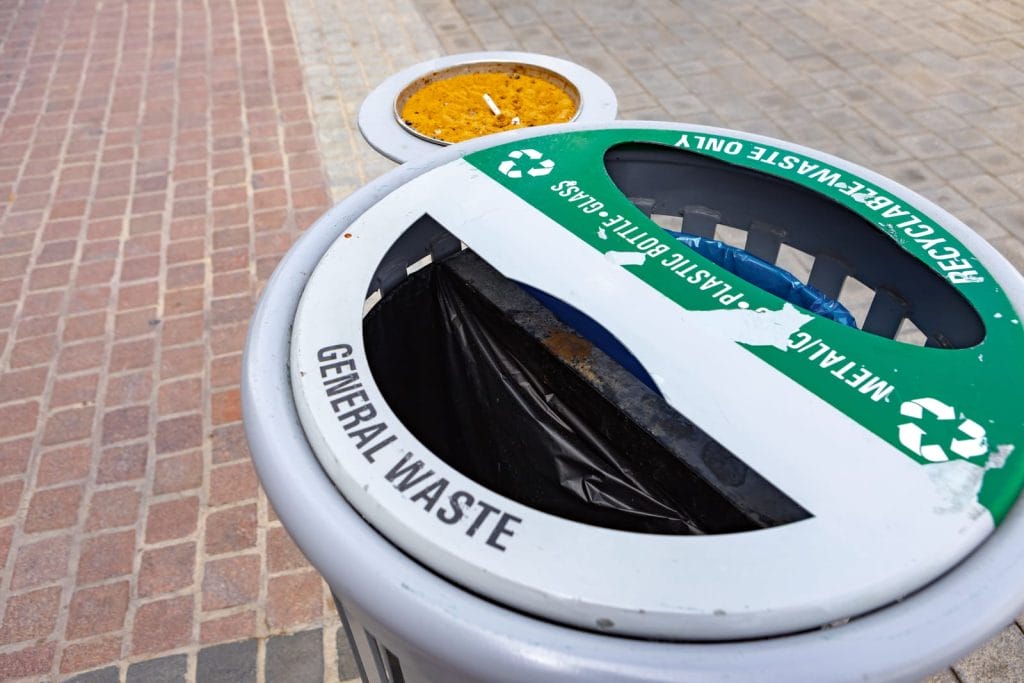
Once your eco-friendly packaging has served its purpose, you’ve got a few end-of-life options to consider. Let’s delve into and explore the sustainable paths your packaging can take after its initial use.
Here are the main end-of-life options for sustainable packaging:
- Reuse – Getting the most out of your packaging before bidding it farewell.
- Composting – Letting microorganisms turn your packaging into soil-enriching goodness.
- Recycling – Giving your packaging materials a new lease on life.
- Incineration with energy recovery – For bio-based plastics, this option produces renewable energy.
And then there’s the least desirable option: the dreaded landfill. It’s like sending your packaging to timeout, but with environmental risks. The goal is to minimize this option and focus on the more sustainable alternatives.
Top Companies Leading the Way in Sustainable Packaging Alternatives
Let’s check out some companies that are killing it in the sustainable packaging game:
Ecovative
Ecovative is leading the charge in developing innovative mycelium-based materials that provide eco-friendly alternatives to traditional plastics and foams. You’ve got to hand it to these fungi aficionados – they’re turning the humble mushroom root into sustainable packaging superstars!
By harnessing the power of mycelium, Ecovative creates 100% compostable materials that bid farewell to pesky plastics.
Imagine that your Amazon package arrives cushioned in mushroom instead of styrofoam. That’s the kind of renewable resourcefulness Ecovative is bringing to the table. Their MycoComposite technology uses agricultural waste to grow mycelium that can be molded into all sorts of packaging shapes.
When you’re done, just toss it in your compost bin and let nature do its thing. Who knew fungi could be so fun and functional?
Loliware
This women-empowered brand has developed a seaweed-derived material that can replace single-use plastics in everything from straws to packaging.
What’s the secret behind this eco-friendly alternative? LOLIWARE combines sustainably-sourced seaweed with other natural ingredients to create a bio-based material that can be used in standard plastic production machines. That means it’s not just a niche product, but a scalable solution for ditching single-use plastics.
With over $12 million in funding and partnerships with manufacturers, LOLIWARE is poised to make a big impact in the packaging world.
PaperFoam
When it comes to innovative companies creating sustainable packaging alternatives, PaperFoam’s biodegradable solutions made from potato starch and natural fibers stand out. You’ve got to love how this Dutch company is shaking up the packaging world with their eco-friendly, compostable packaging that breaks down in just weeks. No more guilt about contributing to plastic pollution!
PaperFoam’s bioplastic packaging is made from just four “simple” ingredients – industrial starch, natural fibers, water, and a secret sauce they call their ‘proprietary premix.’ They pop it all into custom molds, bake it up, and voila – you’ve got a plastic alternative that’s not only good for the planet but looks pretty darn sleek too.
With certifications out the wazoo for being biobased, compostable, and biodegradable, PaperFoam is leading the charge in sustainable products.
The best part? These eco-warriors are expanding globally, with production facilities popping up from the Czech Republic to Malaysia. They’re on a mission to replace pesky plastic packaging with their earth-friendly solution, one potato starch package at a time.
EcoEnclose
Another innovative company shaking up the sustainable packaging scene is EcoEnclose, a family-owned business on a mission to revolutionize ecommerce packaging. They’re all about finding clever ways to wrap up your online orders while showing Mother Earth some love.
What’s really neat is how they partner with leading brands to help them jump on the green packaging bandwagon. It’s not just about selling eco-friendly supplies; EcoEnclose is on a mission to educate and inspire companies to think outside the (recycled) box when it comes to packaging.
Saltwater Brewer
The clever folks at Saltwater Brewery, a craft beer maker that’s next on our list with its edible six-pack rings. This small Florida-based brand has cooked up a seriously cool packaging solution that’s not just environmentally friendly, but actually feeds sea critters instead of harming them.
Their 100% biodegradable and compostable rings, made from barley and wheat scraps, break down within hours if they end up in the ocean. Saltwater teamed up with an ad agency to create this eco-innovation that’s inspiring bigger breweries to jump on the sustainability bandwagon.
Despite being a little fish in the sea of beer, Saltwater Brewery’s edible rings went seriously viral, racking up over 110 million social media views in just five days! They’re cranking out 400,000 of these rings a month, proving that smart packaging and labeling doesn’t have to cost the earth.
With their ingenuity and commitment to greener practices, Saltwater Brewery is showing that even small brands can make a big splash when it comes to tackling the plastic problem. Cheers to that!
Repurpose
Rethinking the disposable plastic problem, Repurpose is an eco-innovator creating plant-based alternatives that are shaking up the sustainable packaging game. Founded in 2010 by Lauren Gropper, this forward-thinking company aims to make sustainability more convenient and accessible by offering single-use plastics alternatives derived from plants.
They’ve got a whole lineup of cool products like tableware, straws, and bags that are safe, durable, and way better for the planet than traditional plastic.
What’s really impressive about Repurpose is their team of passionate ‘eco-entrepreneurs’ who are on a mission to educate consumers about the dangers of plastic while designing innovative, sustainable solutions. They’re not just talking the talk; they’re walking the walk and proving that we can ditch disposable plastics without sacrificing convenience or performance.
Vericool
Meet Vericool, the innovative packaging company that’s keeping your food and meds cool while heating up the sustainable packaging scene. They’ve developed high-performing, compostable thermal shippers made from natural ingredients like plant fiber. Say goodbye to environmentally unfriendly expanded polystyrene (EPS) or Styrofoam packaging!
Vericool’s products are designed to maintain safe temperatures for up to 96 hours during shipping, perfect for the cold chain industry. Their expanded line of ‘Vericoolers’ targets the pharmaceutical and food markets, reducing the environmental impact of traditional packaging.
The Vericooler III, made from molded plant fiber, even addresses food safety issues in meal kit deliveries. Since its founding in 2015, this California-based company has raised over $25 million in funding, proving that sustainability can be a cool investment.
Elevate Packaging
Another trailblazer in the world of sustainable packaging is Chicago-based Elevate Packaging, a company that’s been revolutionizing the industry with its compostable solutions since 2000. Founded by the visionary Rich Cohen, Elevate Packaging has been on a mission to eliminate plastic waste and create a healthier planet.
They’ve pioneered innovative compostable packaging products like bags, pouches, and even the first certified compostable adhesive labels in North America. Talk about sticking it to conventional plastics!
Elevate Packaging offers a complete line of eco-friendly packaging for various industries, from food and coffee to cannabis and apparel. They’re not just about products, though – they’re committed to the circular economy, collaborating with the Compost Stewardship Institute on a take-back program to collect and compost used packaging. It’s a full-circle approach to sustainability.
With annual revenue of $7 million and a team of 19 dedicated employees, Elevate Packaging is proving that sustainable packaging can be both profitable and planet-friendly.
Sulapac
This Finnish startup, Sulapac, founded by a trio of biochemists in 2016, is also making noise with their innovative sustainable packaging solutions.
By harnessing the power of renewable sources like plant-based binders and wood, Sulapac creates biodegradable materials that leave no persistent microplastics or toxic residues behind.
What’s really cool is that Sulapac’s materials aren’t just eco-friendly; they’re also designed to meet the high aesthetic standards of luxury cosmetic packaging. Major brands like Chanel and Shiseido have already jumped on board, adopting Sulapac’s sustainable alternatives to conventional plastics.
And get this – within the next five years, Sulapac aims to use only recycled biopolymers as their raw materials. Talk about a company that’s walking the walk when it comes to sustainability!
How to Avoid Plastic Packaging
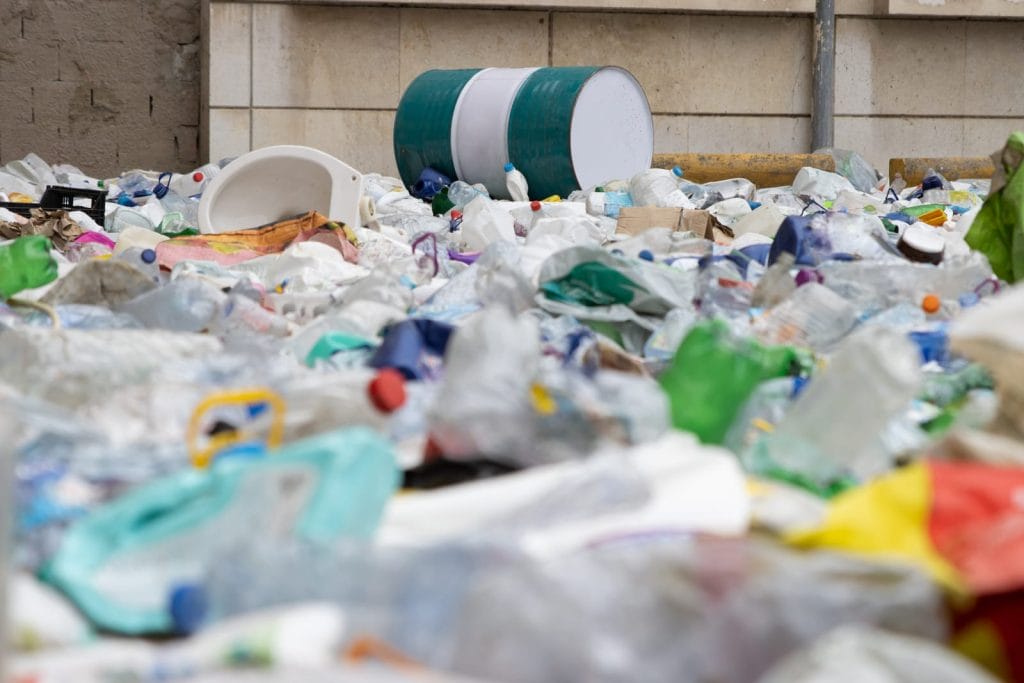
One of the main motivations for companies to change is consumer pressure. When buyers purchase products sold in sustainable packaging, it encourages companies to offer the same. So how can you help motivate these companies? Avoid plastic packaging, because, believe me, single-use plastic causes enough problems.
You can greatly reduce plastic waste by making a few simple changes to your shopping habits and product choices. Opt for reusable bags when shopping and ditch those pesky single-use plastic bags that seem to multiply in your cupboards.
When buying pantry staples, head to the bulk bins with your containers. When perusing the produce aisle, look for fruits and veggies that are flying solo without plastic wrapping. They’re just as tasty!
Here are four more tips to banish plastic packaging from your life:
1. Embrace reusable containers like glass jars or stainless steel containers for leftovers and packed lunches.
2. Choose concentrates and powders over liquids to minimize packaging waste.
3. Seek out products with alternative packaging materials such as paper, cardboard, glass, or aluminum.
4. Support companies that offer sustainable packaging options.
Imagine that every package you encounter is environmentally friendly and easily recyclable. Brands are actively working on finding new materials that protect our planet. While these options may be a bit more expensive, they offer priceless long-term benefits.
As a consumer, you can play a role by consciously choosing products with sustainable packaging. By making this choice, you’re not only making a difference for the environment but also helping to create a brighter, cleaner and greener future for everyone!
